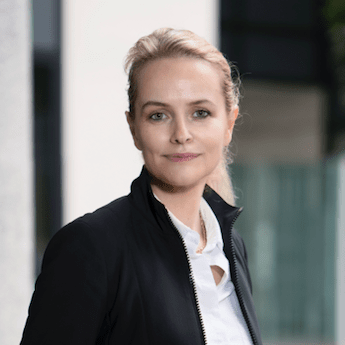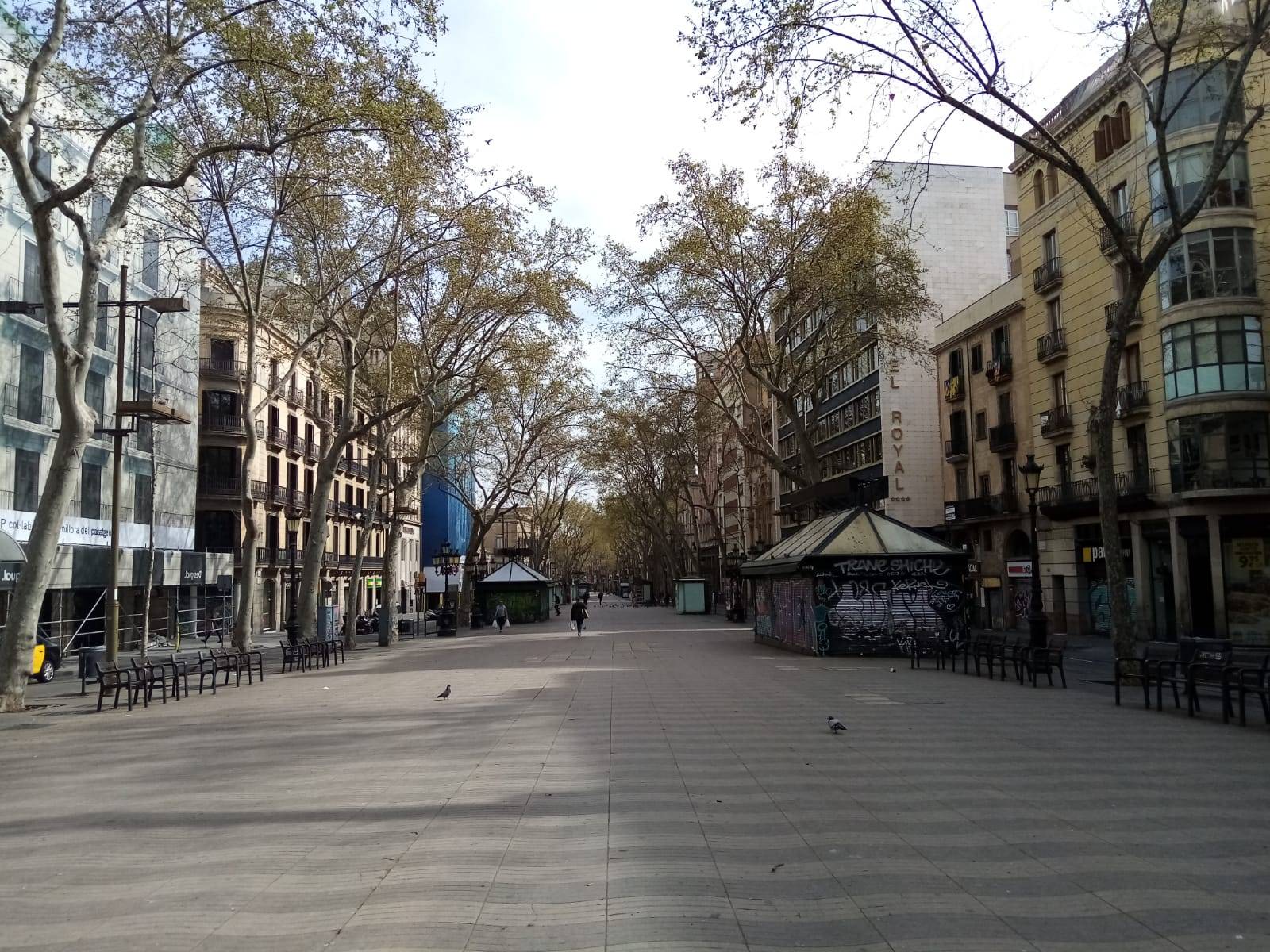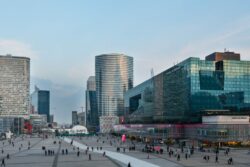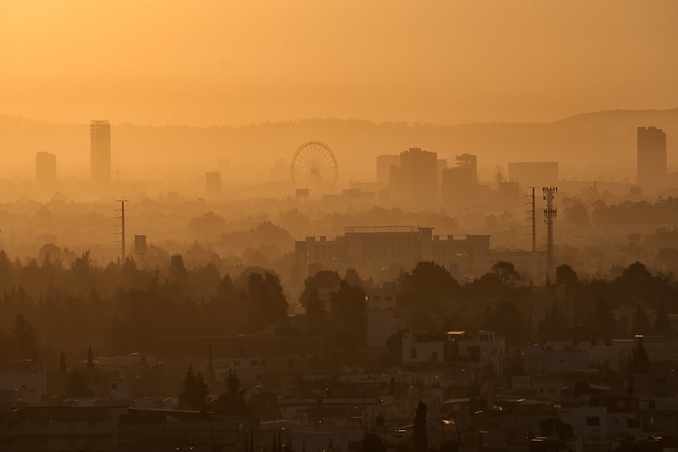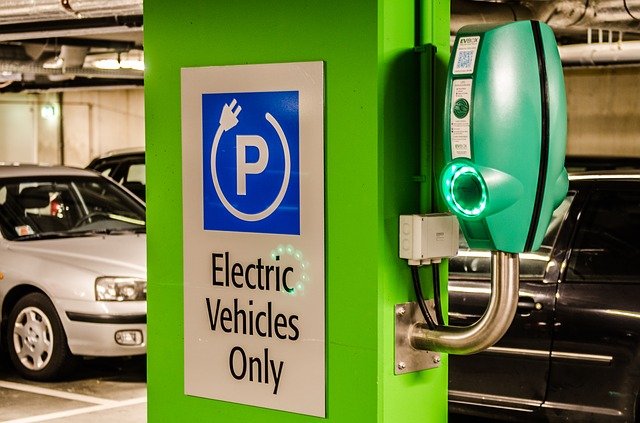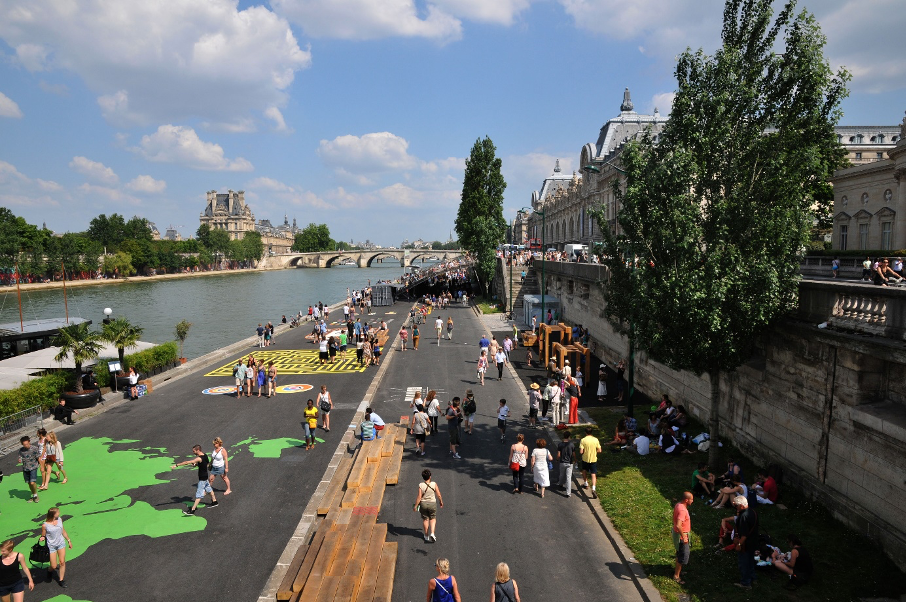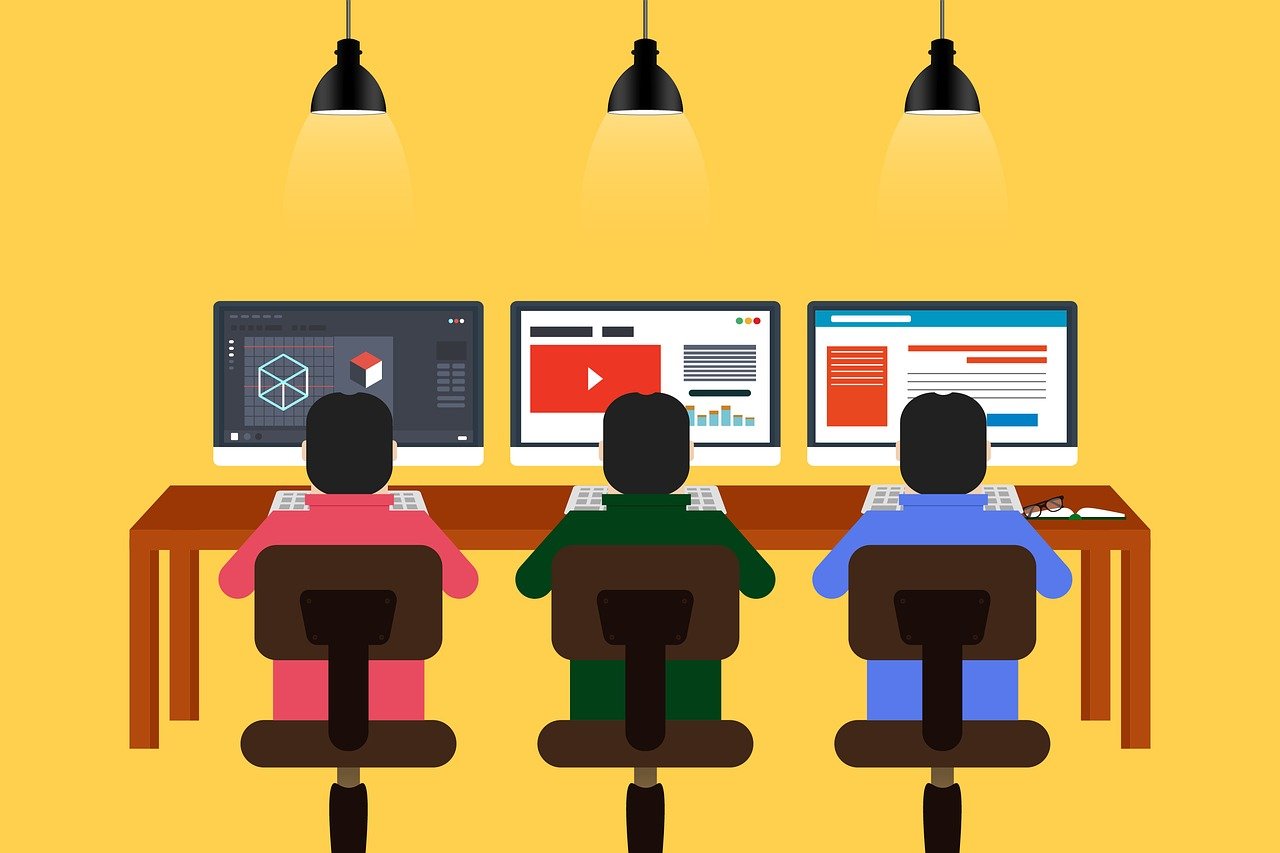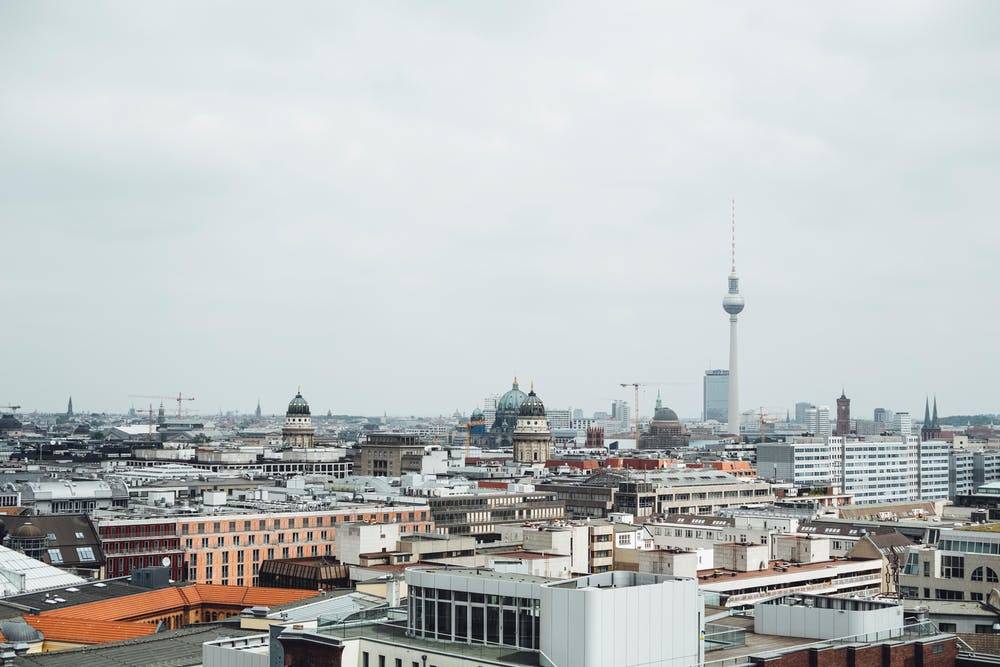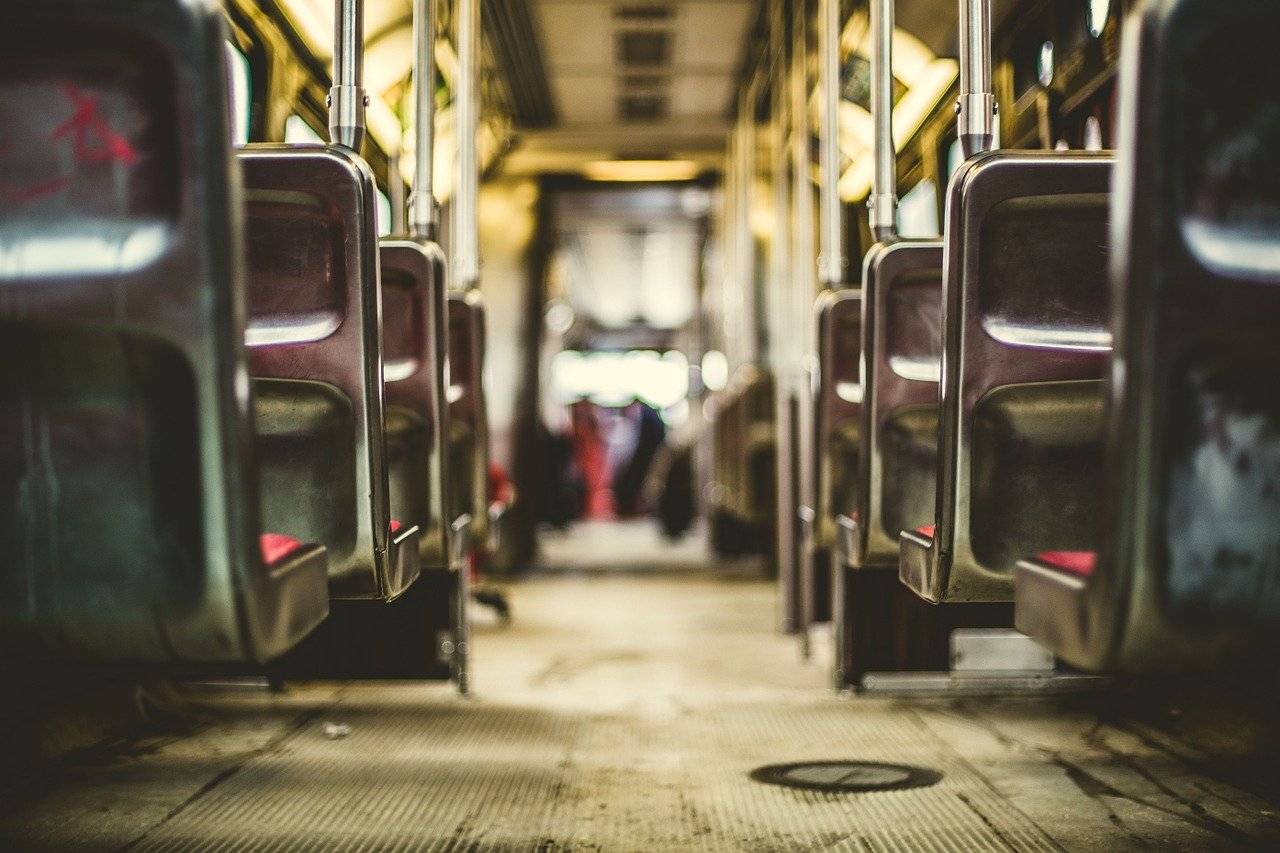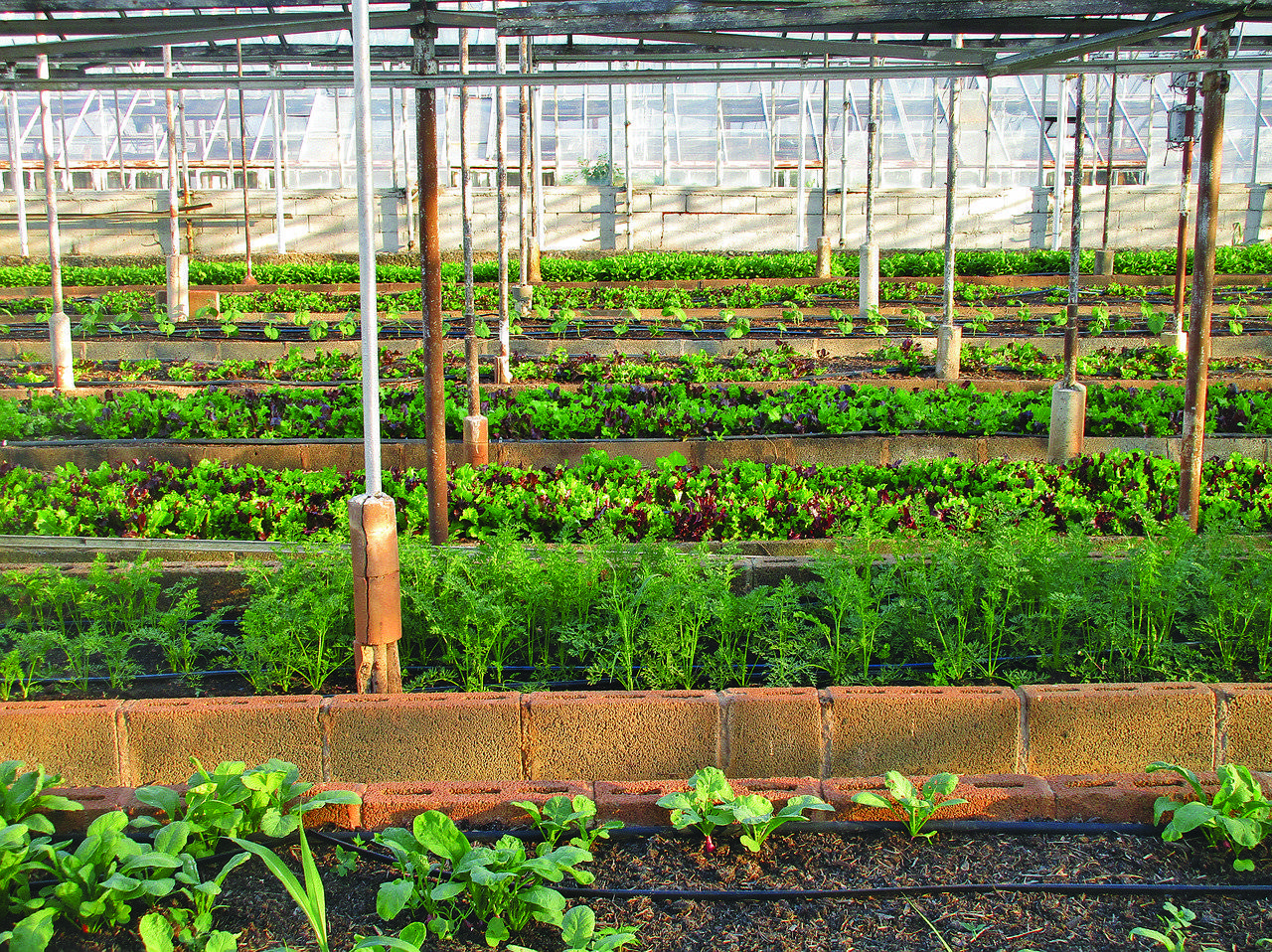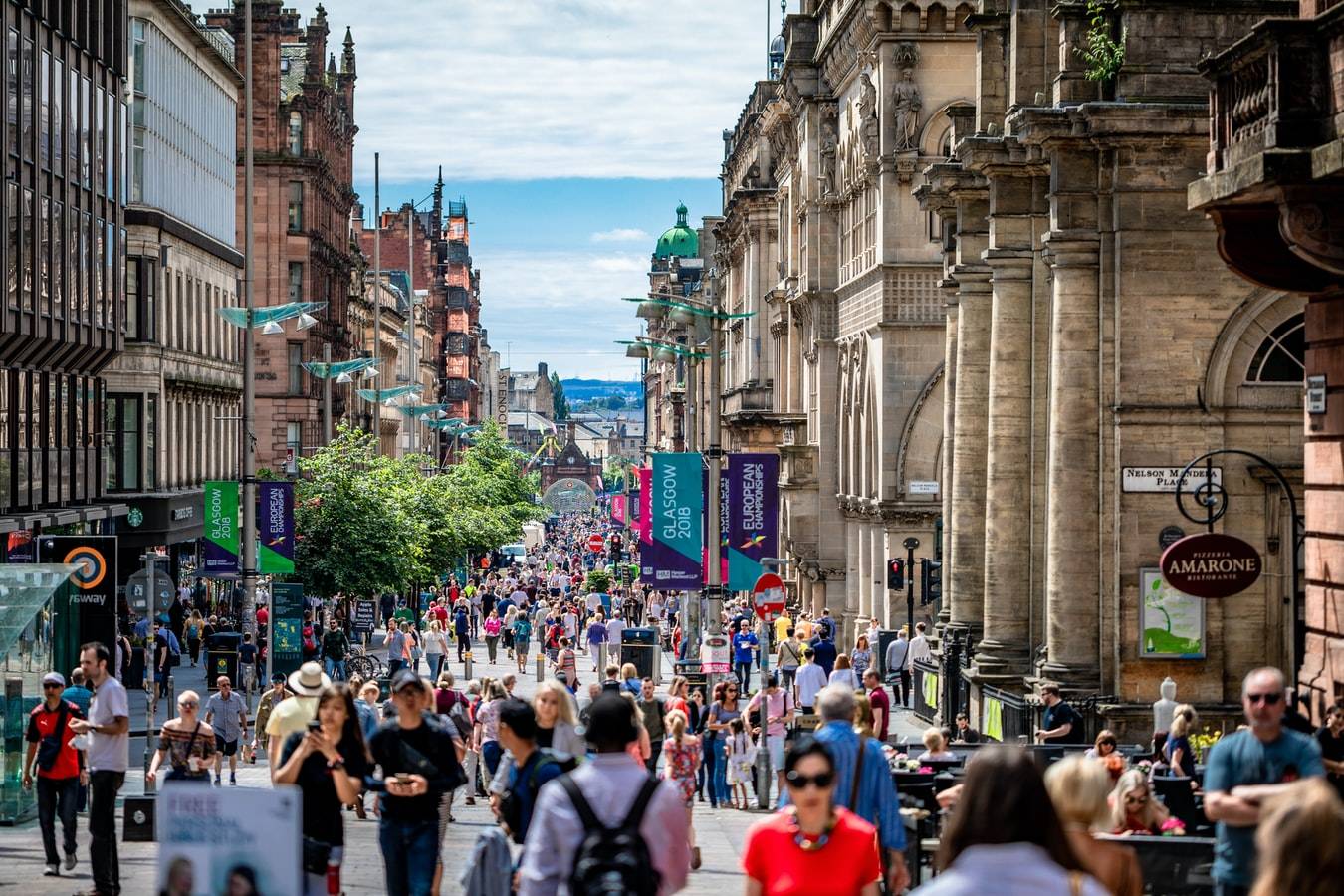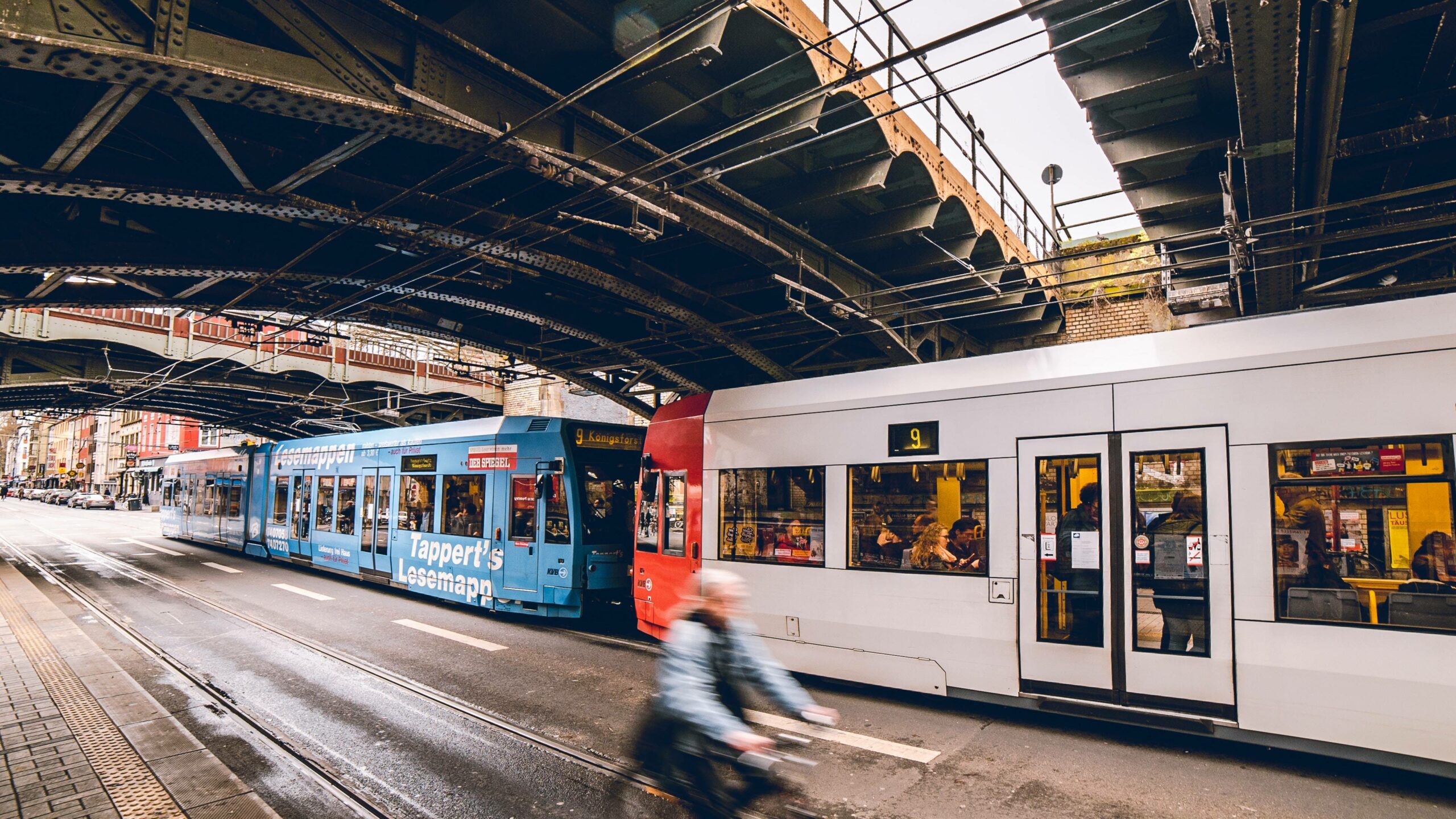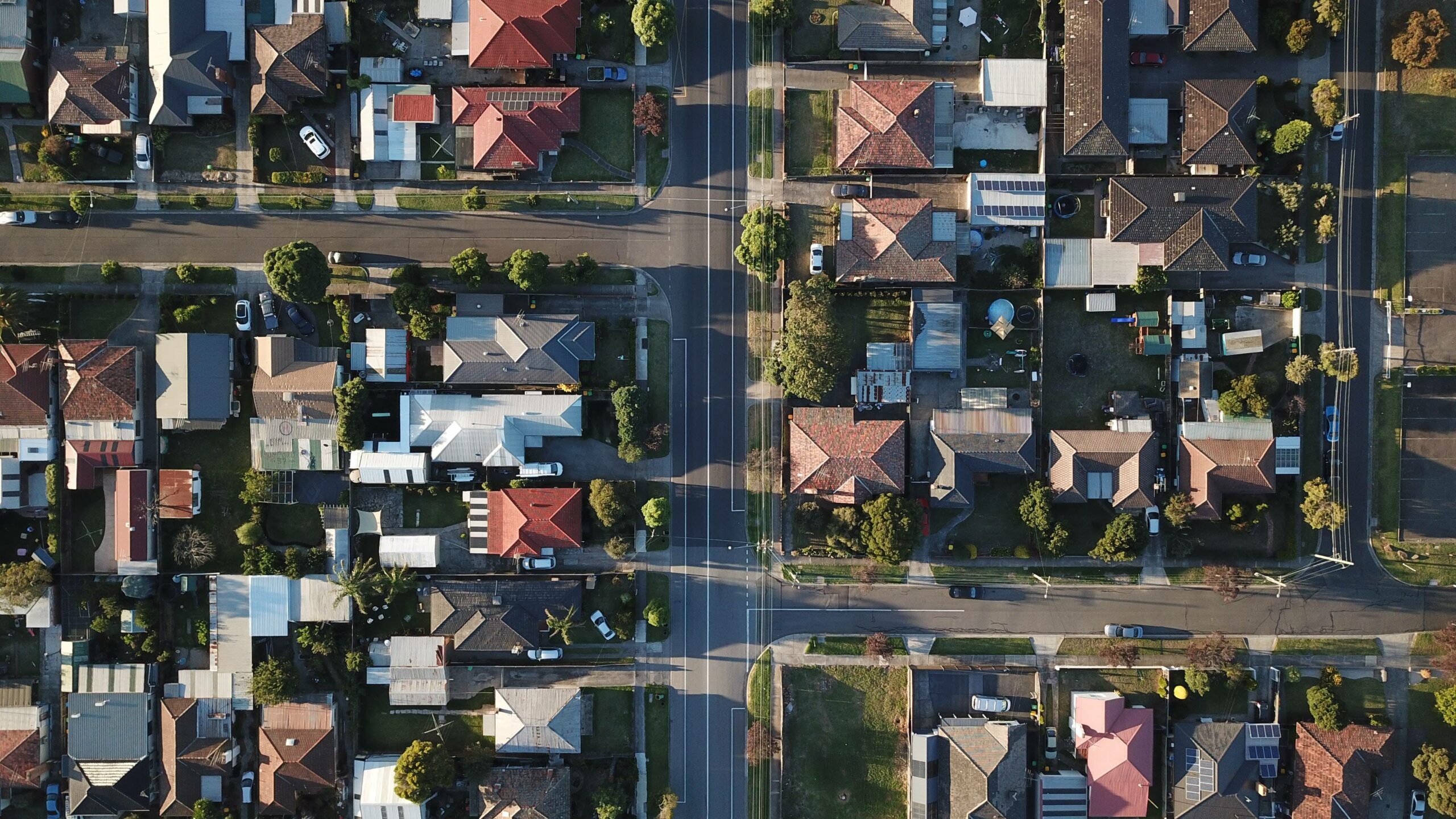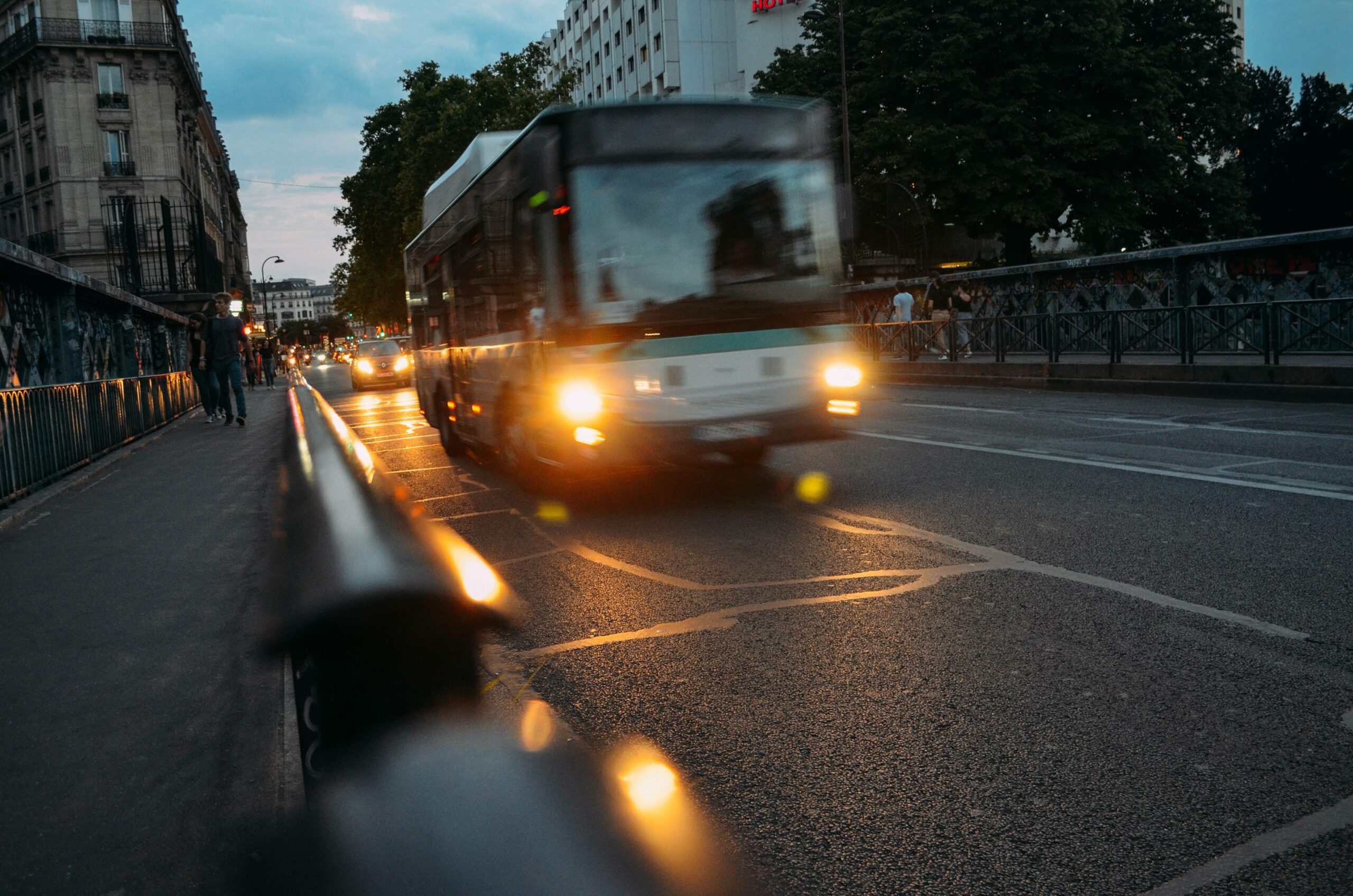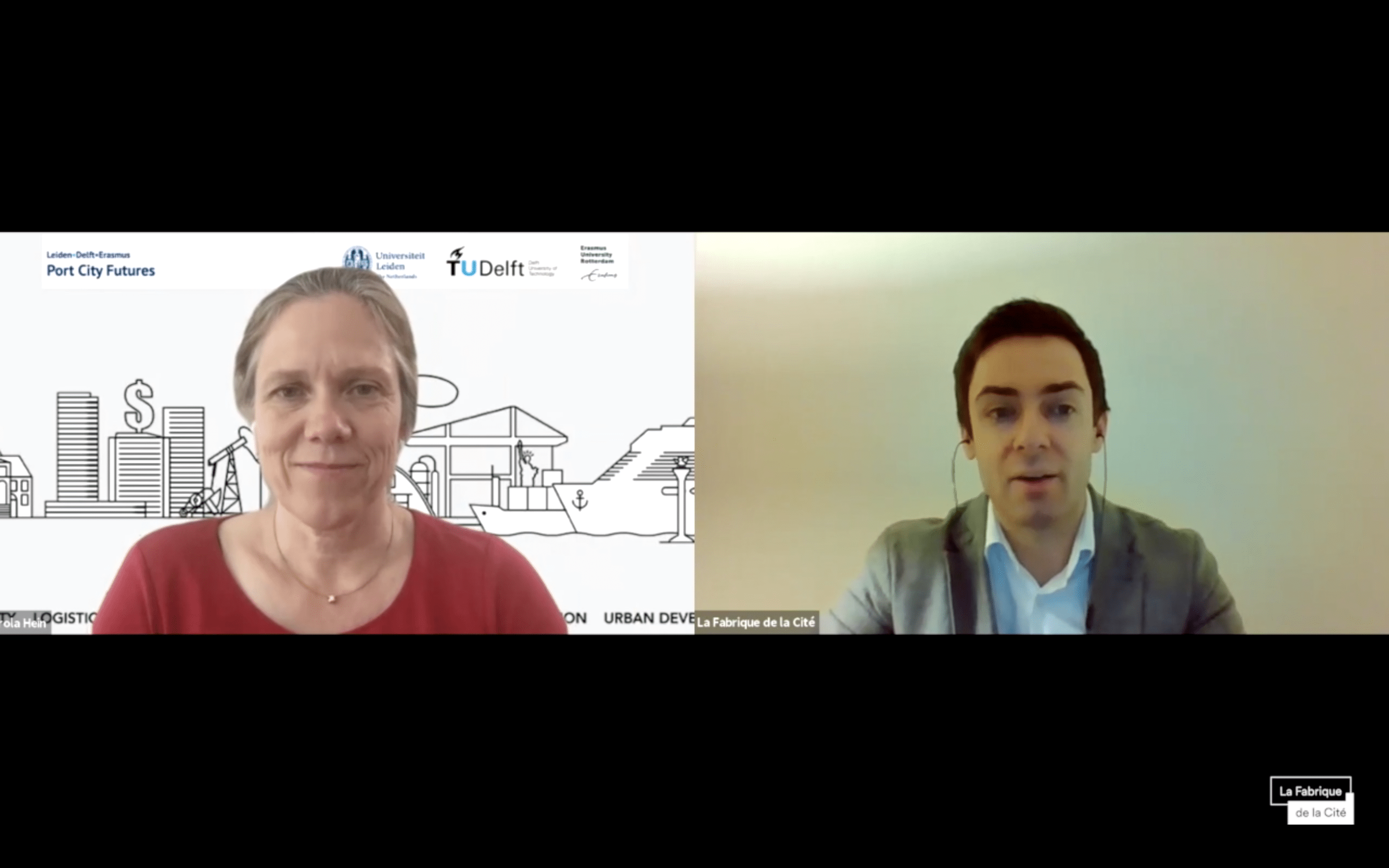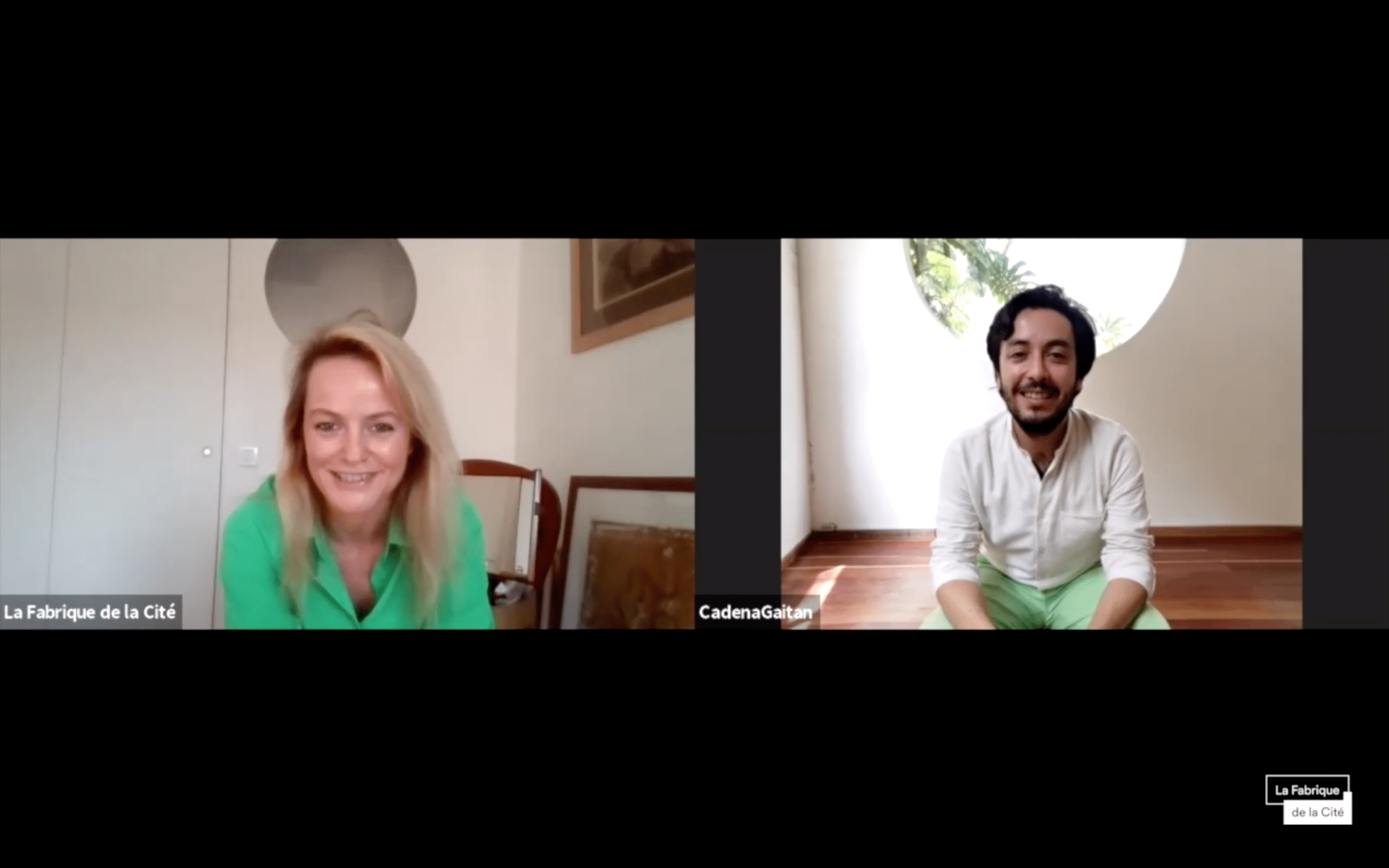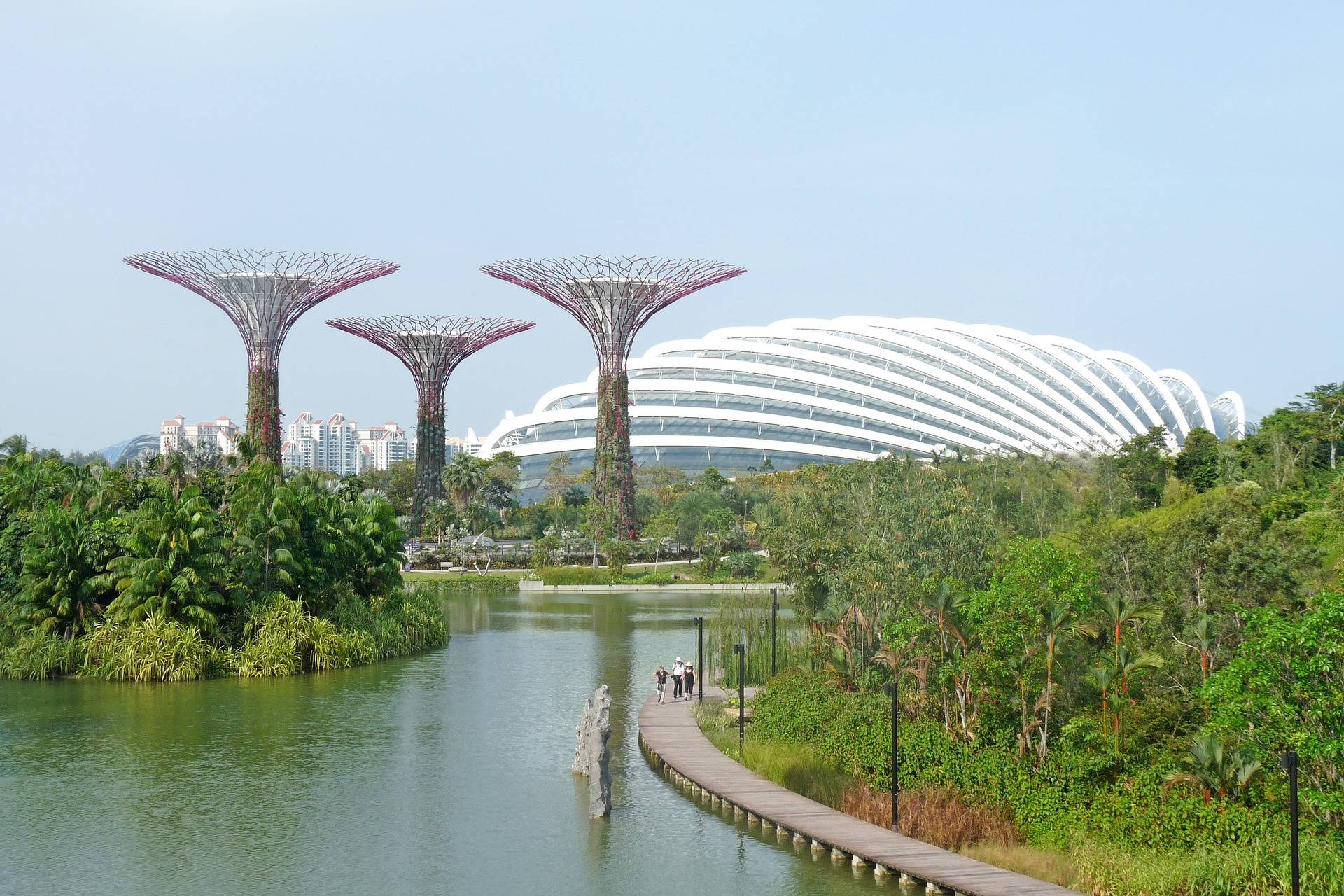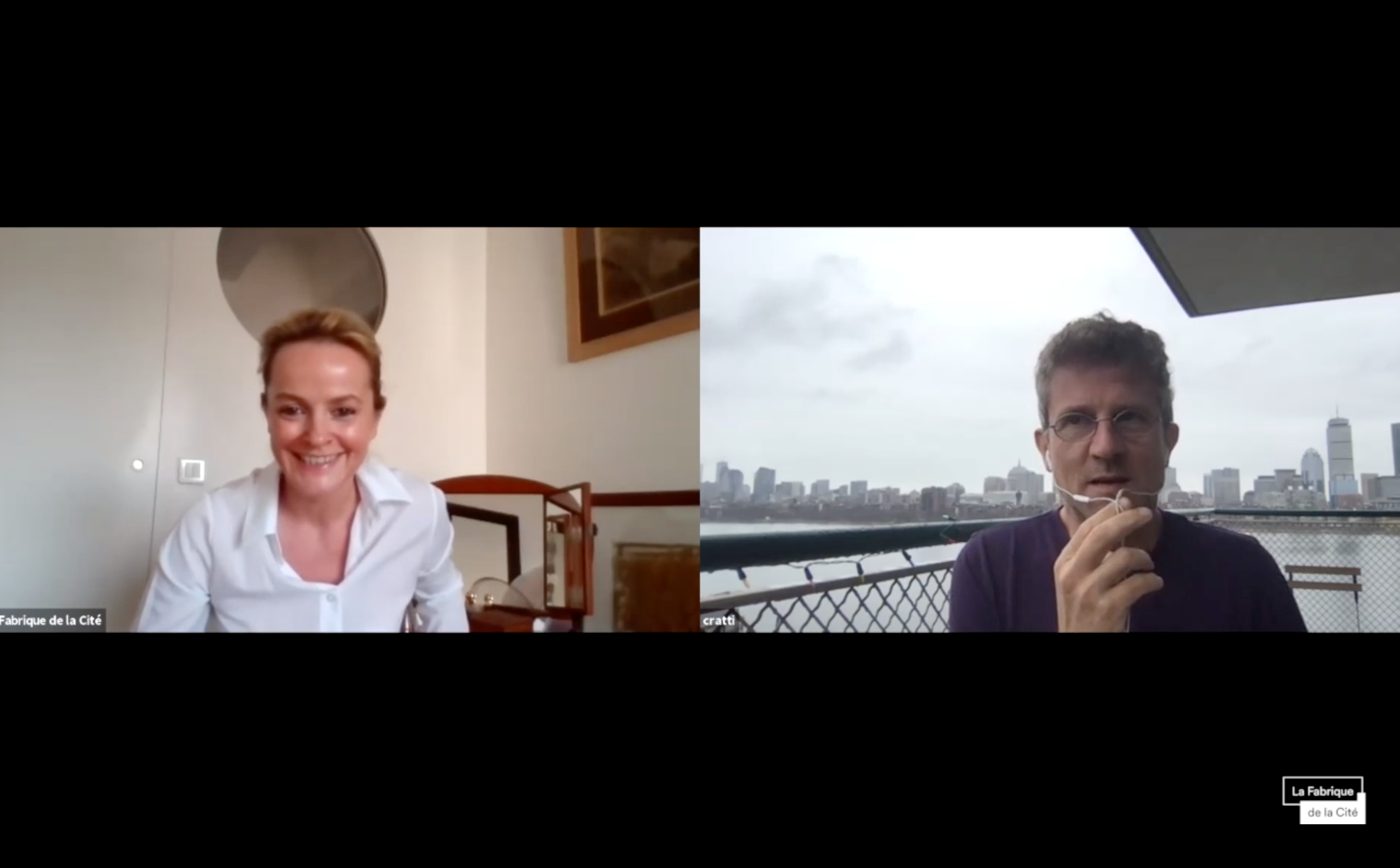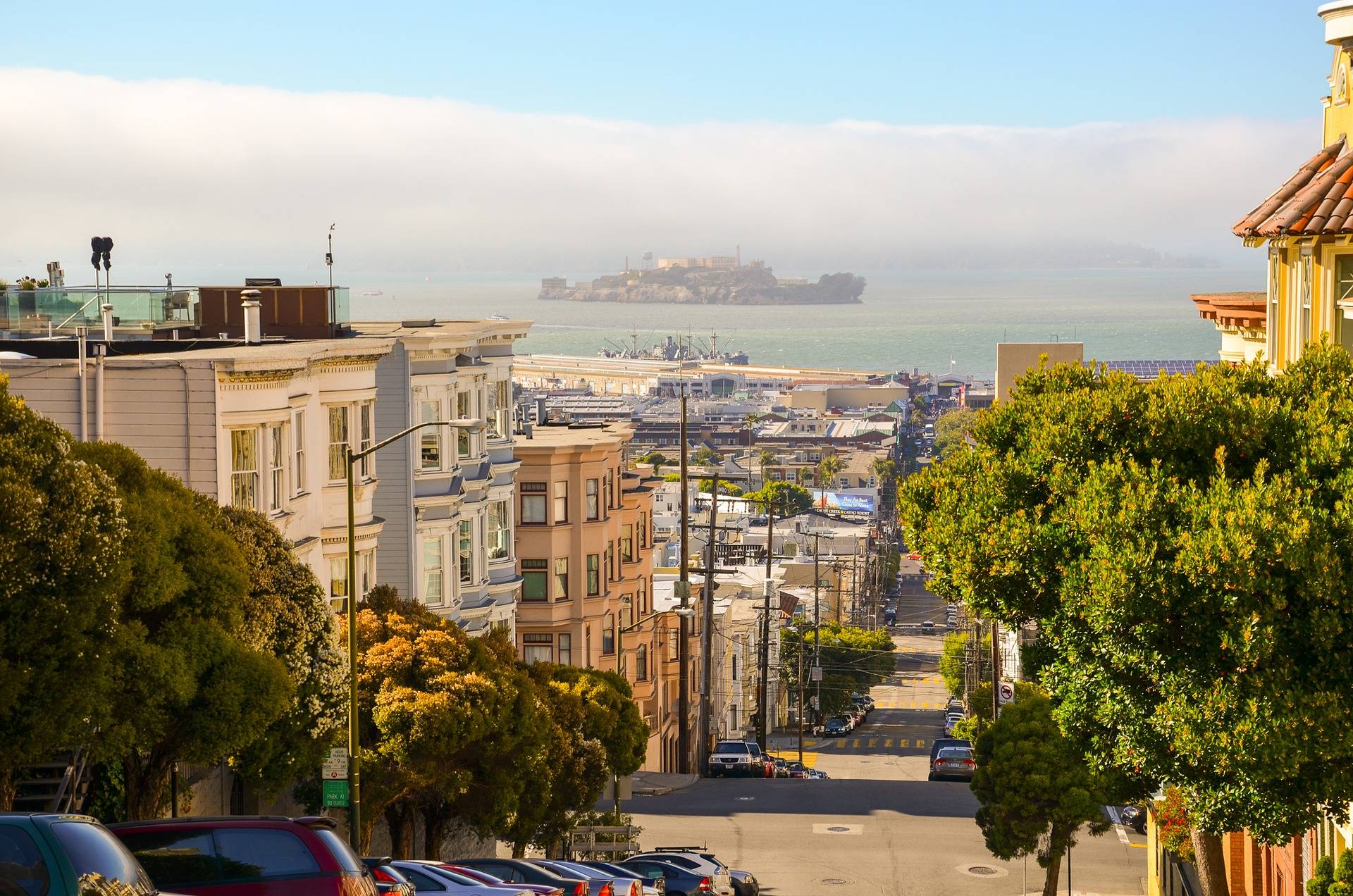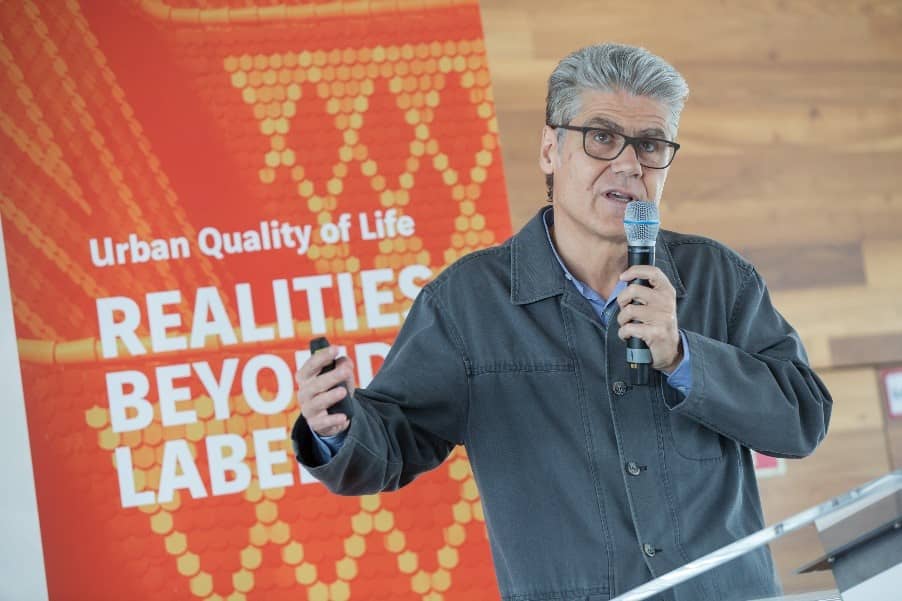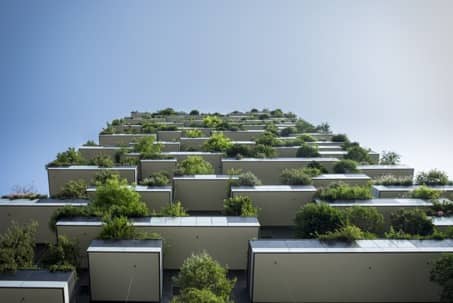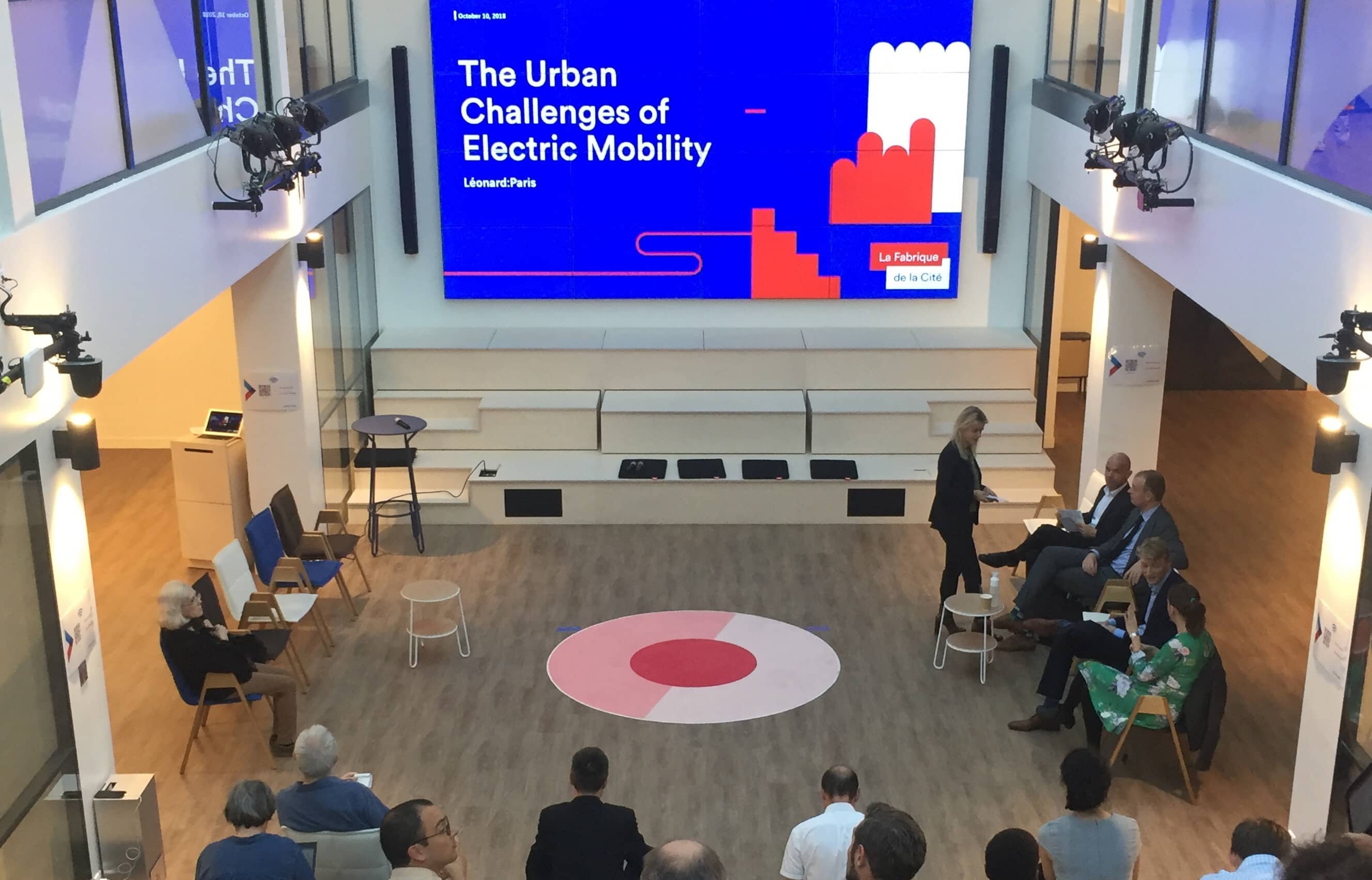

“In my backyard”: recipe for disaster
Indian Prime Minister Narendra Modi’s announcement, on 18 June 2020, of the auctioning of rights to operate 41 new coal mines echoes China’s April 2020 decision to launch a program to build 10 GW of new coal-fired power generation capacity. This doubling of capacity is even more remarkable as these countries today represent respectively 1.37 and 1.43 billion inhabitants, i.e. 36.3% of humanity, and as they will represent almost 3 billion in 2030; as they legitimately aspire to develop, which will lead to an urbanization rate that will increase in India, in ten years, from 34 to 40%, and in China, from 60 to 70% of the population ; as the energy sector represents the largest source of man-made CO2 emissions (72%); as coal is by far the most emitting fossil fuel; as Chinese and Indian coal reserves represent several centuries of consumption.
As much as the decision itself, India’s motives are worth noting. According to Narendra Modi, his decision is a direct consequence of the coronavirus crisis: the crisis must lead India, he says, to be autonomous. In terms of energy, this means “unblocking the coal sector”, a domestic resource that India has considerable quantities of, not only for domestic production but also … for export: the second largest producer in the world wants to become an exporter. Proximity and autonomy, proximity and sovereignty: India is not alone in learning this lesson from the health crisis. Many countries in Asia and Europe – not to mention the United States – are considering a return to locality, proximity and relocation, bemoaning international trade.
Beyond the paradox of associating the new slogan “save the planet” with the “in my backyard” mantra and “me, myself and I”, the Indian example shows that if all countries follow this lead, we are heading for disaster. Protectionism and localism, systematized and applied on a large scale, seem completely at odds with a basic scientific fact: whether produced in Mumbai, Beijing, Paris, Frankfurt, Johannesburg or Rio, a CO2 molecule has the same consequences for everyone. What goes on 10,000 kilometers away from where we live should interest us as much as our immediate environment if we want to make a real difference to the climate. Even more so when that other place is home to developing population giants. Yes, proximity makes sense in some cases, but making it the be-all, end-all of any decision makes no sense, either climatically or economically.
At a time when multilateralism and universalism are suffering massive blows, it would be naive to think that states will be the driving force in this process. It is therefore up to others to take up the torch of international solidarity and global trade and connectivity. The sub-state actors most likely to act in this direction are large international companies and cities. Unlike states, the former have shown their agility in reorganizing their production and supply chains during the health crisis. As for the latter, they continued to operate in safe mode because they were fed, crossed by and made functional by flows of materials from elsewhere (water, energy, food, consumer goods, data). As for the rest, if cities were no more than a shadow of their former self, it is because the suppression of people’s mobility has erased their role as connectors of scales and hubs of connectivity between the hyperlocal and the distant.
In the narrow world of retrenchment, systematized proximity and “America first”-inspired approaches (which increasingly resembles “America only”), cities must not follow the movement or risk losing their soul, their wealth and their raison d’être, but position themselves as counterweights. We can choose to hunt down, at enormous economic, social and political costs, the smallest locally-produced molecule of CO2, reassure ourselves cheaply and satisfy our narcissism by self-congratulating ourselves on our virtue in our beautiful European cities. We can also, with the same money spent in Mumbai, remove not one, but millions of CO2 molecules by acting on the production of electricity.
In implementing this vision of a mobile, open world, large metropolises have a major role to play. Against navel-gazing, Malthusian withdrawal and nationalism, they must be there to say loud and clear, along with Montesquieu, that “If I knew something that was useful to me and harmful to my family, I would reject it from my mind. If I knew something that was useful to my family and not useful to my country, I would seek to forget it. If I knew something that was useful to my homeland and detrimental to Europe and to mankind, I would regard it as a crime.”
No time to read? La Fabrique de la Cité has got you covered. Check our newsletter #33.
To be informed of our upcoming publications, please subscribe to our newsletter and follow our Twitter and LinkedIn accounts.
These other publications may also be of interest to you:
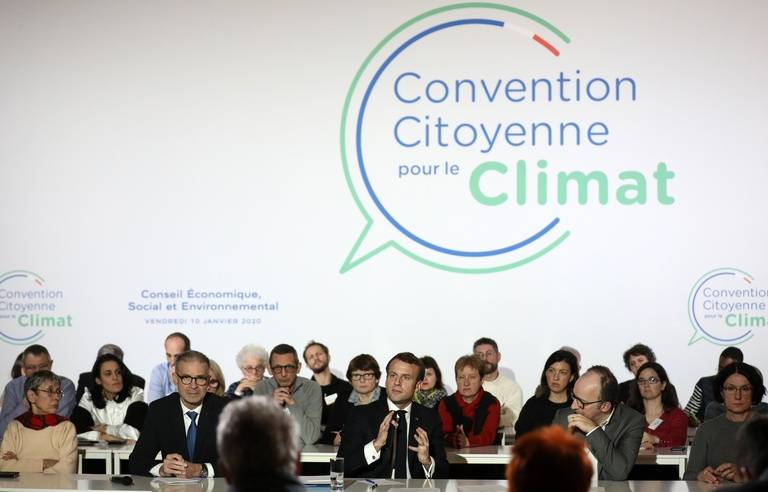
Is resilience useful?
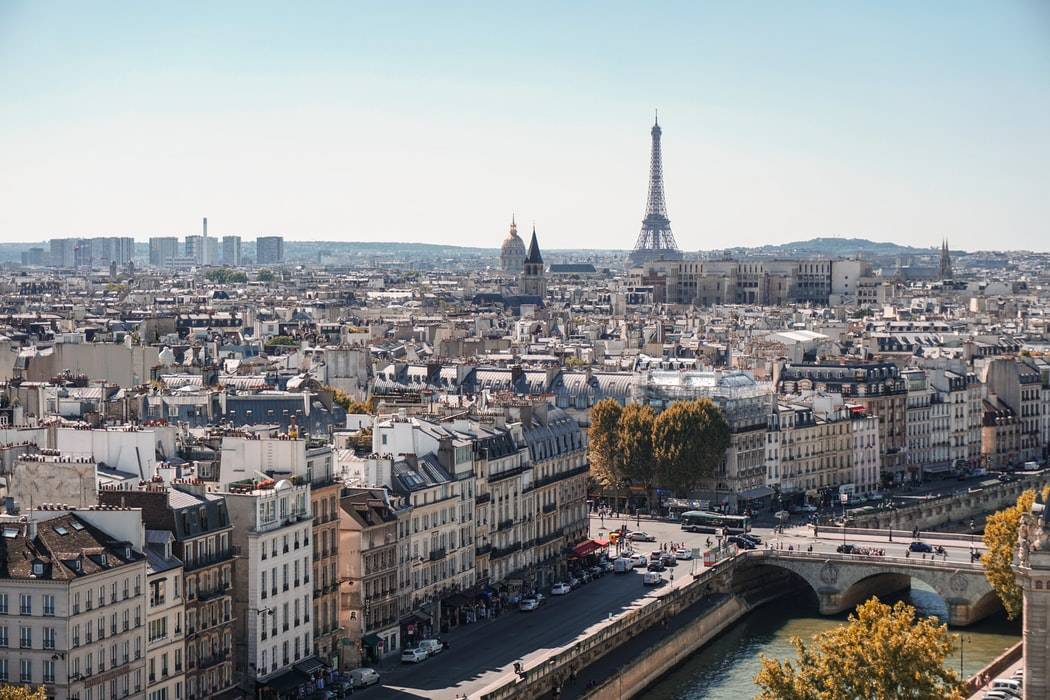
Long live urban density!
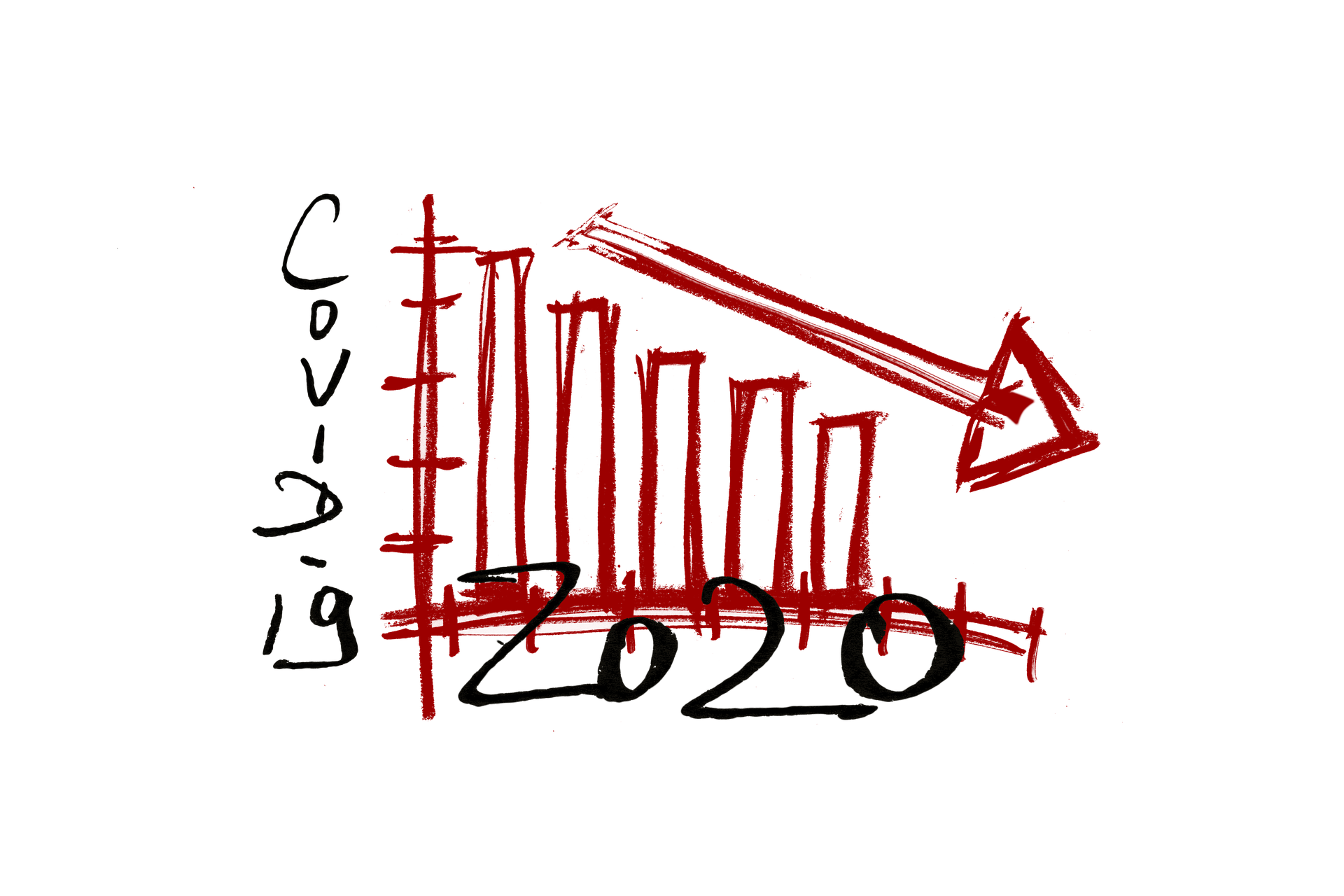
Behind the words: Recovery
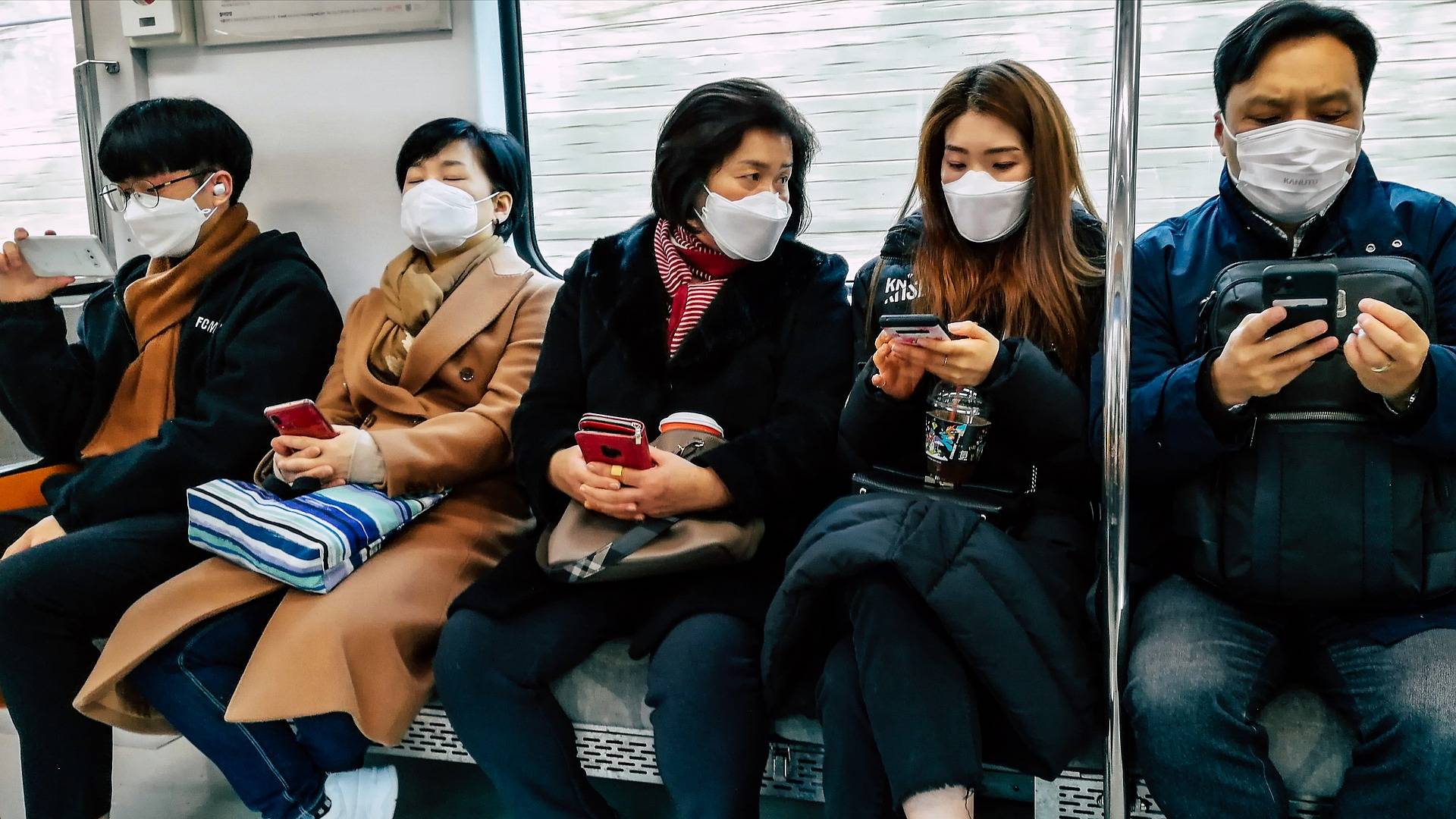
Sending out an SOS
The ideal culprit
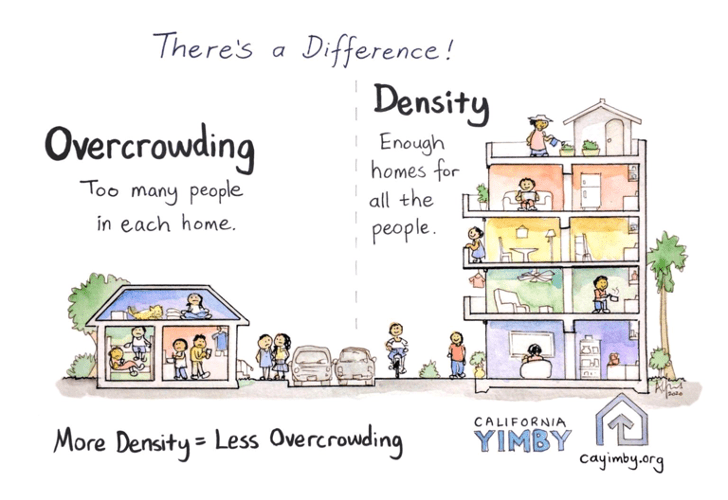
Behind the words: density

Behind the words: telecommuting
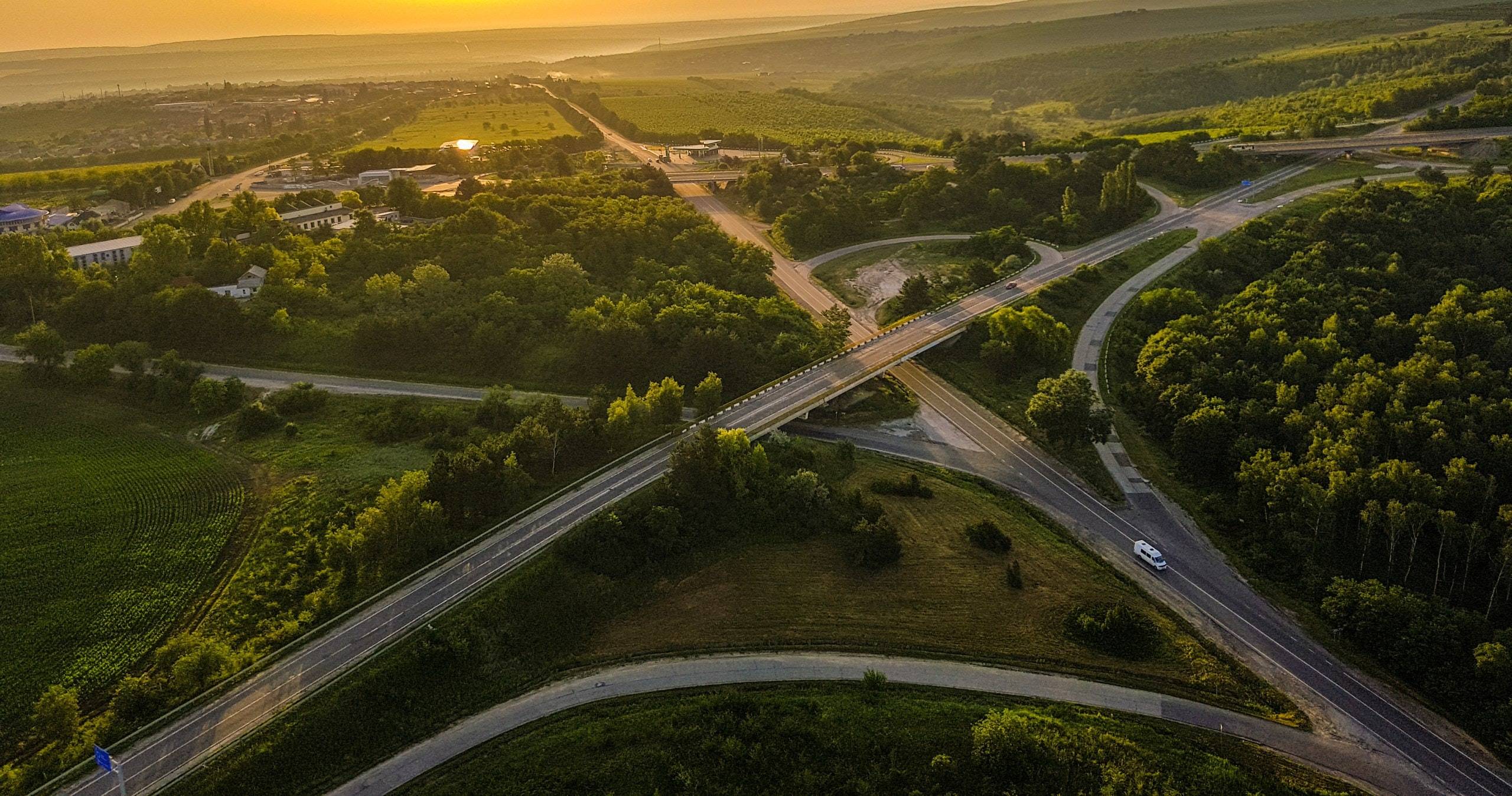
Behind the words: urban congestion

Behind the words: food security
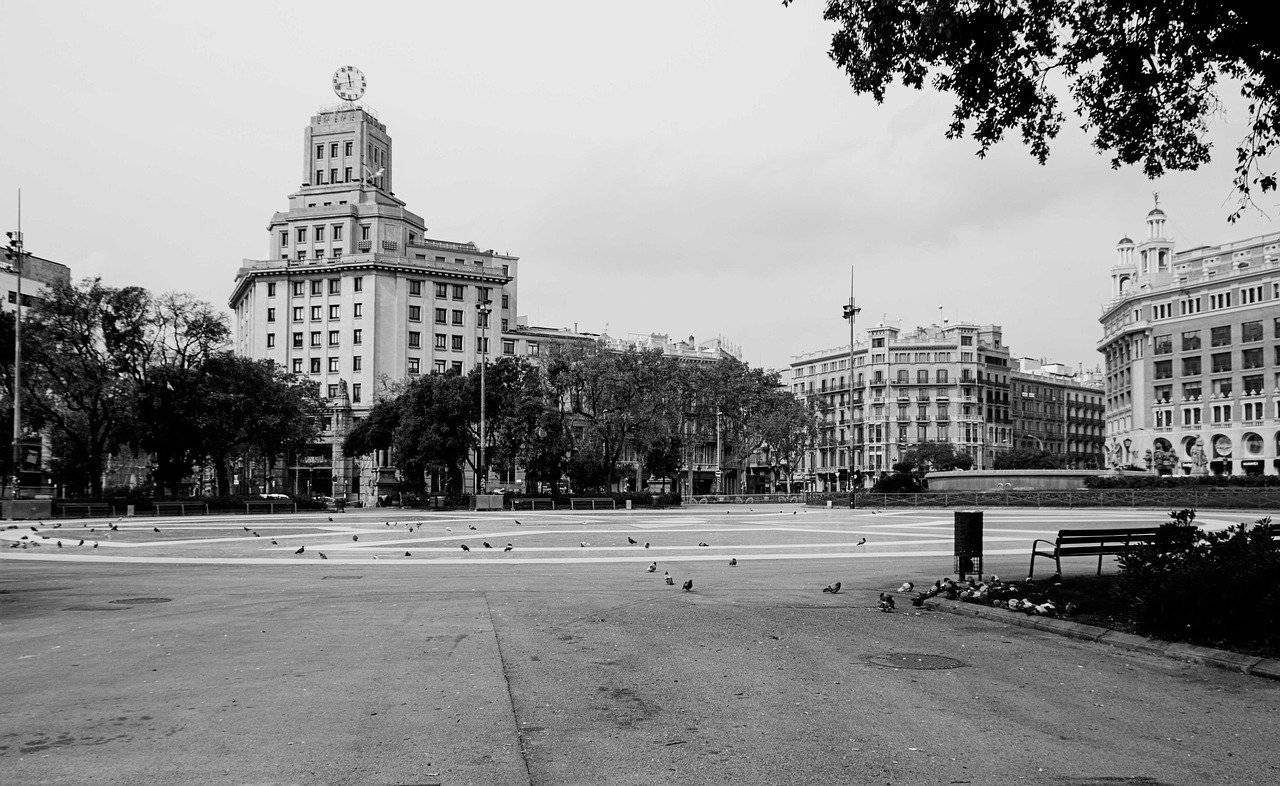
180° Turn

Cities in safe boot mode
Across cities in crisis
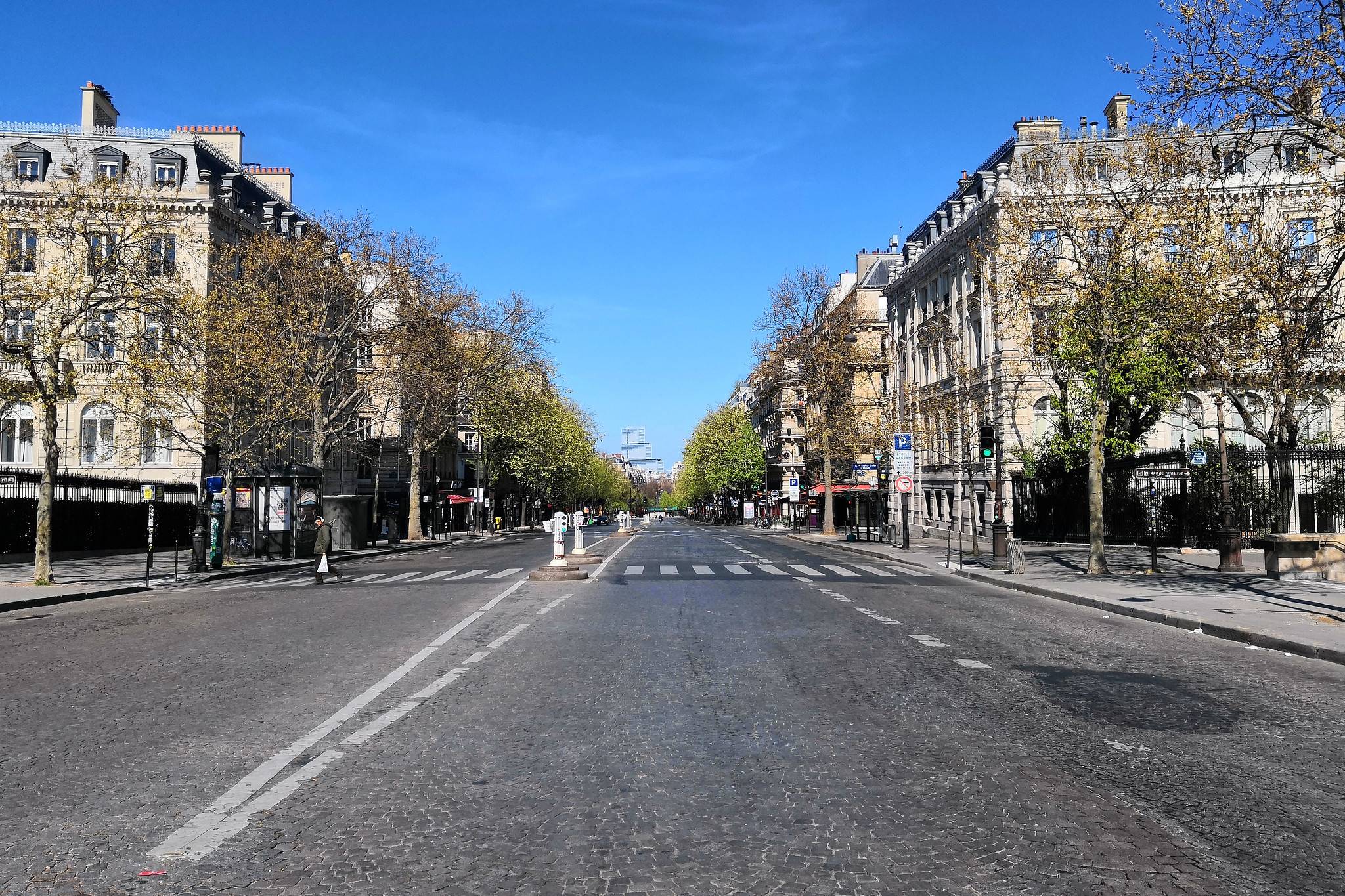
A street named desire
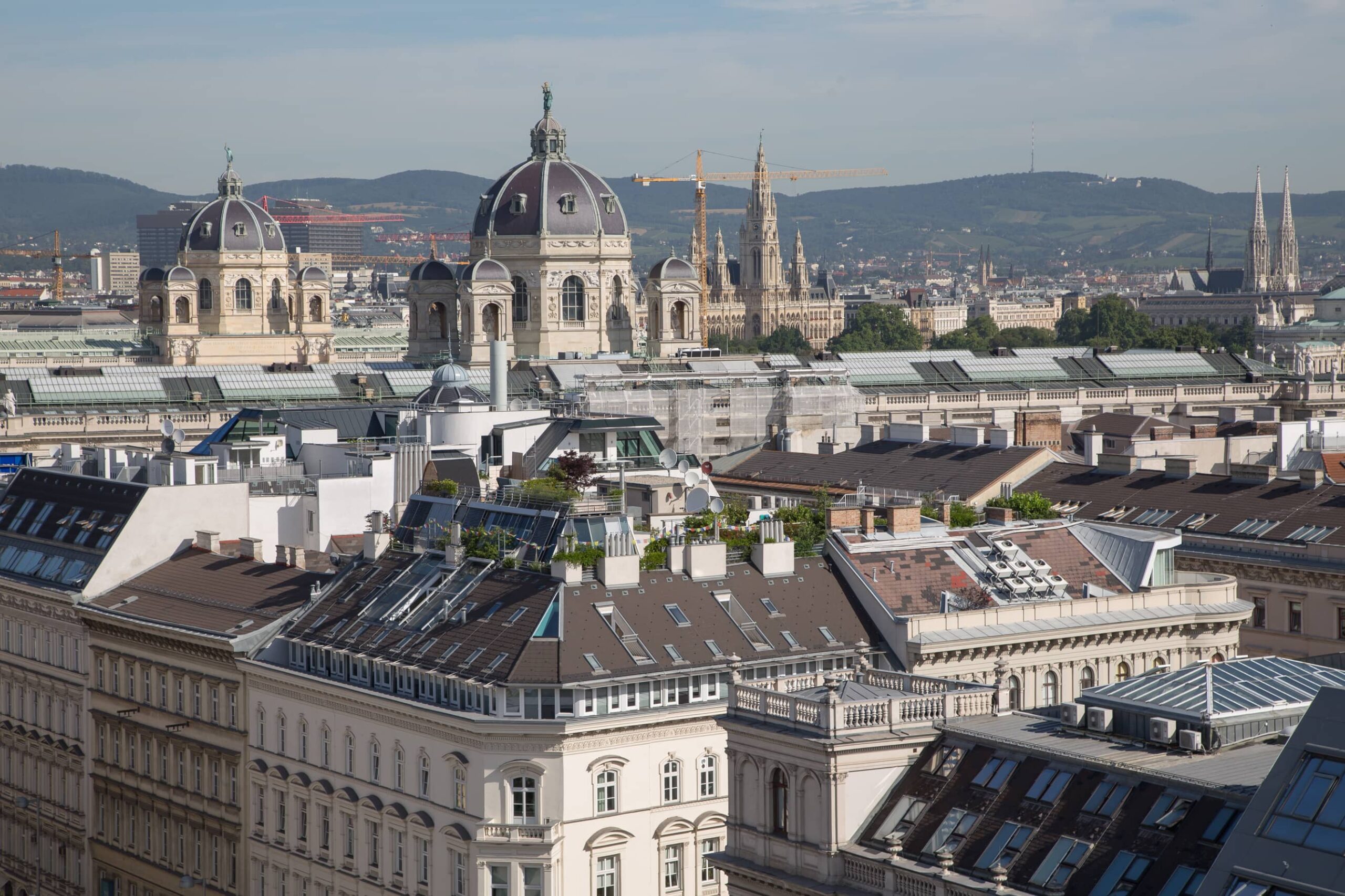
Vienna
La Fabrique de la Cité
La Fabrique de la Cité is a think tank dedicated to urban foresight, created by the VINCI group, its sponsor, in 2010. La Fabrique de la Cité acts as a forum where urban stakeholders, whether French or international, collaborate to bring forth new ways of building and rebuilding cities.














